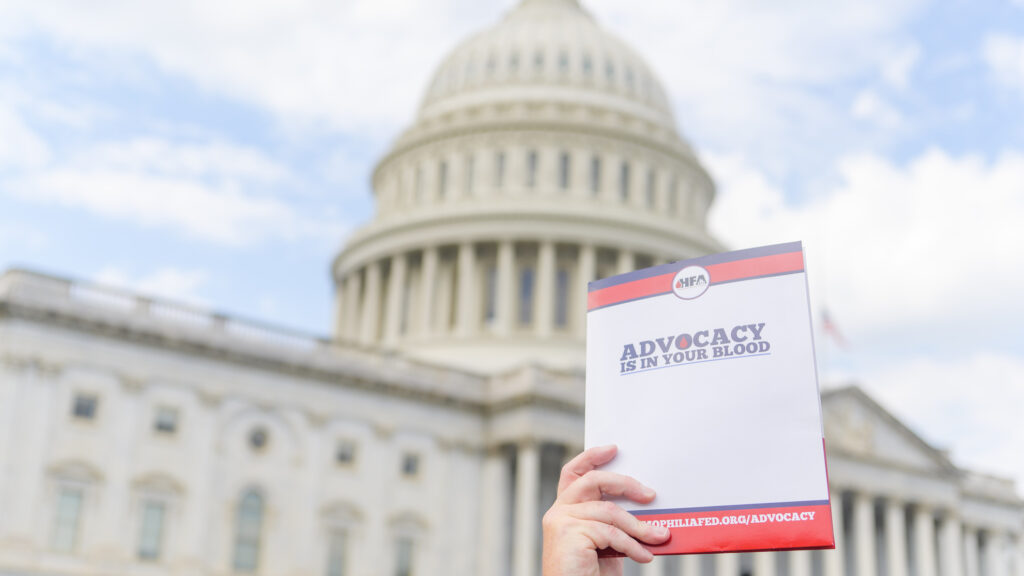Open enrollment is a time frame each year when health insurance plans are required by law to accept applications from new plan enrollees regardless of their health history. This also is the time when you can choose to stay with your existing health plan if it is the right one for you. Open enrollment dates vary, depending on the state you live in and whether you get your coverage from your employer, an ACA Marketplace, or another source – but for many people, open enrollment takes place annually in the fall. Here are some key dates to keep in mind:
- Every year, open enrollment for Medicare plans runs from Oct. 15 through Dec. 7. During this period, people already enrolled in Medicare can make changes in how they receive their Medicare coverage.
- Open enrollment in coverage through the ACA Marketplaces will run from Nov. 1 through Jan. 15. Some states’ open enrollment periods run past Jan. 15; however, to get coverage that goes into effect on the first of the year, you must (in most states) sign up by Dec. 15.
- If you get insurance through your job, check with your human resources department to find out when your company’s open enrollment period begins and ends.
- Enrollment in Medicaid is available 365 days per year, based on need, income, and other state-specific eligibility criteria.
A couple of important points to bear in mind as you shop for 2023 insurance:
- You may be eligible for substantial subsidies to help you pay your premiums. Congress increased the size and availability of premium subsidies via legislation passed in 2021 and 2022. Premium subsidies are only available to purchase health plans sold on the ACA Marketplaces. Start your search at healthcare.gov.
- The “family glitch” has been fixed. Now, dependents can qualify for ACA subsidies if family coverage available through a breadwinner’s employment costs too much (i.e., more than 9.12% of family income).
- As you shop, avoid “skinny plans:” short-term health plans, health sharing ministries, and other forms of non-ACA compliant coverage. These products (often widely advertised!) do not provide sufficient coverage OR financial protection.
HFA offers a variety of resources that can help you navigate this process, including an Open Enrollment Guide. HFA will also be hosting a Dateline LIVE “Insurance Bootcamp” on November 14th. Sign up, bring your insurance questions, hear from insurance experts – and then stay for the next evening’s Dateline Live session devoted to the science of new bleeding disorder therapies!
Please be an active participant as you consider your insurance options for 2023! And whether you choose to keep your current health insurance or to enroll in a new plan, READ YOUR POLICY. Check that your providers are in-network; research whether your products are covered; beware of copay accumulator adjusters that limit your ability to benefit from copay assistance. This is critical because the health insurance plan you choose will be yours for 12 months unless you have a qualifying life event that allows you to switch plans.
Quick Hits
- HFA together with other coalition members filed comments in support of a proposed rule that would restore the scope of the Affordable Care Act’s nondiscrimination requirements. The comment letters pointed out that copay accumulator adjusters and copay maximizers constitute a form of discriminatory health benefit design, and as such violate the nondiscrimination requirements. Separately, HFA and coalition allies wrote to the Centers for Medicare & Medicaid Services, urging CMS to rein in copay accumulator adjusters in the next iteration of its Marketplace rule (the 2024 Notice of Benefit and Payment Parameters). You can find the NBPP letter and many other useful resources on the All Copays Count Coalition’s new website.
- As noted above, federal rules fixing the “family glitch” went into effect just in time for the Fall 2022 open enrollment period. The Kaiser Family Foundation estimates that more than five million people are affected by the glitch, most of them children. HFA and allied patient groups hailed the rule change as a win for consumers.
- The Biden Administration announced that it was once again extending the COVID-19 public health emergency. The renewal means that waivers allowing for expanded telehealth services, enhanced federal funding for Medicaid, and a pause on Medicaid disenrollments will continue at least until mid-January 2023. Many observers believe that this will be the last extension of the PHE – meaning that Medicaid eligibility redeterminations and disenrollments are likely to resume soon. In order to avoid erroneous terminations of coverage, Medicaid beneficiaries are encouraged to update their contact information with their state Medicaid agency now, and are reminded to respond promptly to any communications from Medicaid.
- On October 27, 2022, the U.S. Department of Health and Human Services announced that more than half of all states have now expanded access to 12 months of Medicaid and Children’s Health Insurance Program (CHIP) coverage after pregnancy. Georgia and Pennsylvania became the 25th and 26th states to expand postpartum coverage, resulting in over 57,000 additional individuals newly eligible for Medicaid or CHIP coverage for a full year after pregnancy. HFA has supported expansion of such coverage as an important step to protect the health of women with bleeding disorders in the postpartum period.
- The new penalties for Part D drug price increases that exceed the rate of inflation (as established in the 2023 Inflation Reduction Act) went into effect on October 1. Part B drugs become subject to inflation caps in January 2023.




